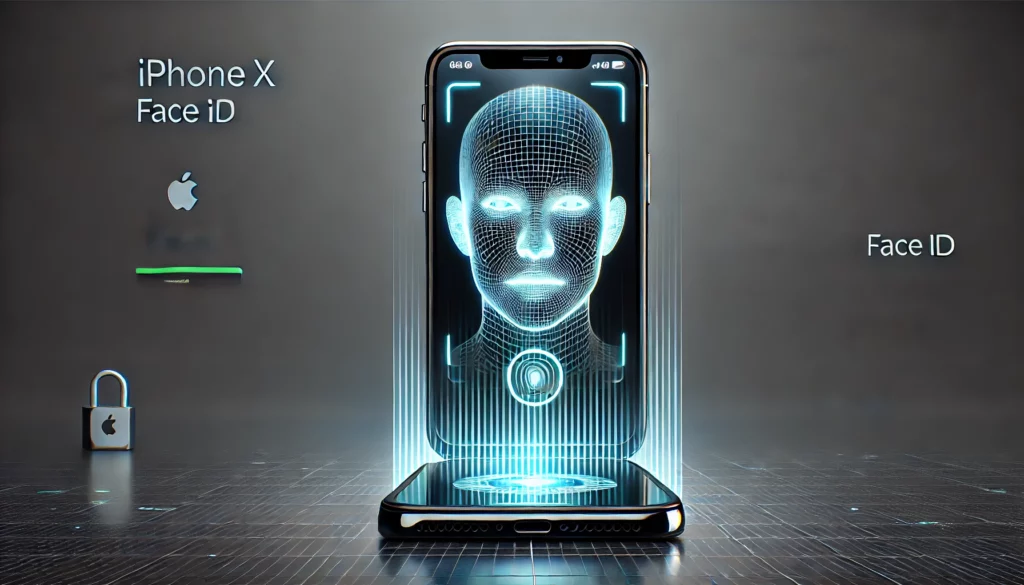IPhone X Face ID

The future is here. The new iPhone “X” brings with it “Face ID”. It is significantly more secure than Touch ID and the limitations are gone. However, it seems to work much slower than Touch ID, but don’t worry we are giving the rundown on how to speed things up.
The odds of someone spoofing your fingerprint are 1 in 50,000. The Face ID doubles those odds and makes it a whopping 1 in a million chance. Sounds like hitting the lottery, right? What’s even more amazing is that FACE ID knows when you are wearing a hat or sunglasses. It even has the ability to identify you in the dark. While at work wearing gloves or with dirty or wet hands Touch ID would not work, but with Face ID you won’t have an issue. It uses a dot projector to place over 30,000 invisible dots on your face, a flood illuminator to cast infrared light and an infrared camera to read all that information. This data is used to create an accurate map of your face.
All of that said, in today’s day and age speed is King and with that Face ID does not measure up just yet. It takes around a half a second longer to unlock your phone using Face ID rather than Touch ID. Think of all the things you could do with that extra time.
There are some things you can do to make Face ID faster, though. The first is to ensure the Raise to Wake feature is enabled in Settings. This shaves off precious time by eliminating the need to swipe or tap the iPhone X’s display before you unlock it.
“If raise-to-wake kicks in and turns on the display, all you need to do is swipe up from the bottom. Don’t wait for the lock icon to change — don’t even worry about it,” says Daring Fireball’s John Gruber.
Another thing you can do is disable attention detection. This means Face ID won’t wait until your eyes and face are looking directly at the display before unlocking your iPhone. But be warned: It does make Face ID a little less secure.
With biometric authentication methods, though, there is another cause for concern. While the Fifth Amendment of the Constitution protects US citizens against self-incrimination, such as giving up a password or PIN, biometrics do not fall under the same protection. A recent court case ruled that biometrics — a fingerprint or iris or facial scan — are hardly different than giving a blood sample and, therefore, are not protected by the Fifth Amendment.
That said, it is great that there is another option available to unlock your phone and it is always cool to see technology advancing. The choice is up to you, but that doesn’t stop us from providing you the knowledge and options, so you can make the best choice. Here at ecasys we pride ourselves in being on top of our game in all aspects of IT.
https://www.cultofmac.com/511559/face-id-slower-touch-id-can-make-faster/
